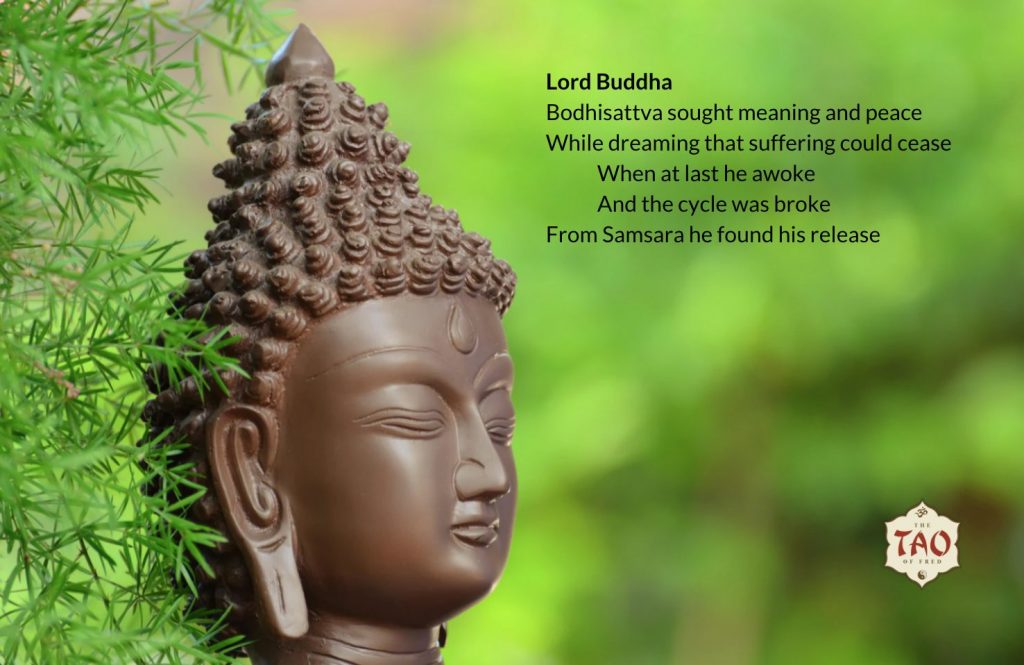
Mindful Limericks about Buddha and Buddhism
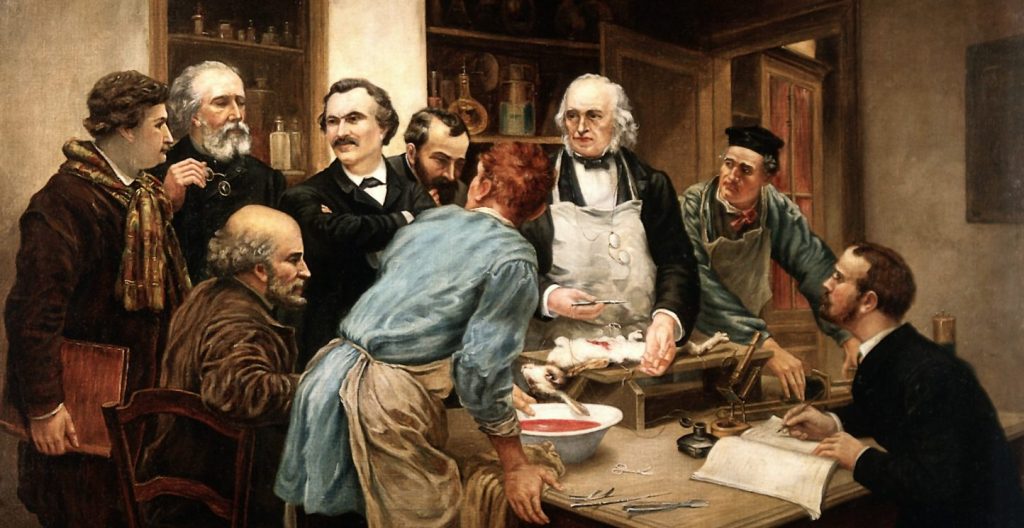
Limericks about the Life Sciences
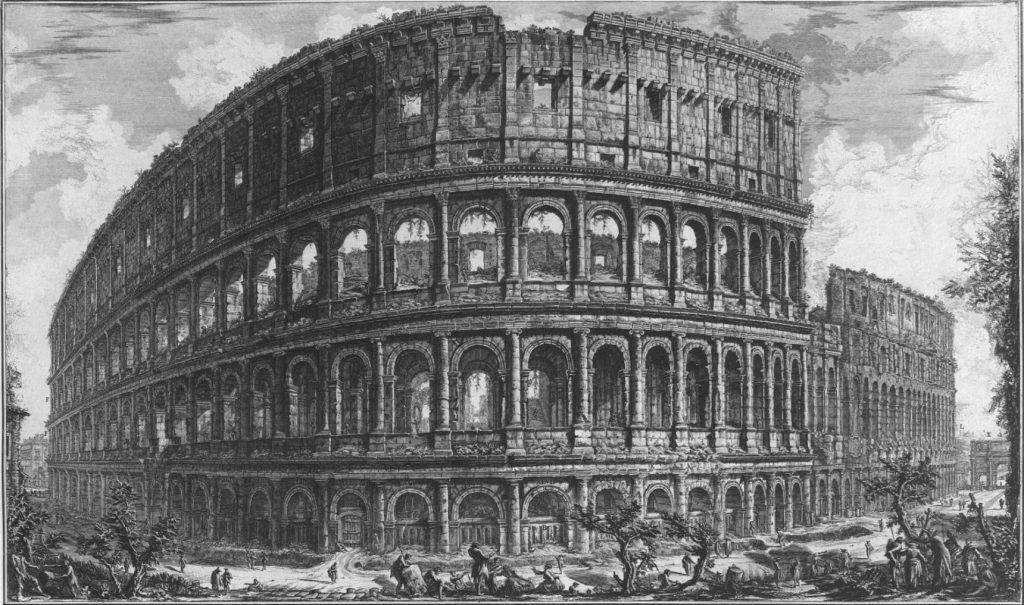
When we speak of Rome, what comes to mind? We think of the Eternal City. We think of an Empire that brought the western world to its knees. We think of a city to which all roads lead and which wasn’t built in a day. But chances are, we ain’t thinking about limericks.
On the other hand, is there an art form known to man that hasn’t given the great Triumvirate its own special treatment? Renaissance painters cranked out canvases by the thousands. Then of course, Shakespeare had his way with Antony and Cleopatra. Elizabeth Taylor and Richard Burton gave their rendition. I think even Mel Brooks took a stab at it. So why not some limericks about Ancient Rome?
In any case, if you want to teach high school kids about ancient Rome, good luck getting them to read “Julius Caesar” and “Titus Andronicus” or to memorize that colossal list of Roman emperors. Instead, keep it short. Unlike the Eternal City, the rise and fall of their teenage attention spans is likely to sweep by in a matter of seconds.
Spartacus
There was once a disgruntled young Thracian
Enslaved by the Plebeian nation
He flouted his master
Fomenting disaster
He should have respected his station
Most of us probably know more about Spartacus from the movies than we do from high school history class. But his message of resistance is worth remembering.
Julius Caesar
There once was a fine Roman Kaiser
Who thought himself ever the wiser
Like Jesus and Judas
Old Caesar had Brutus
Who made of him fresh fertilizer
Cicero
There once was a Roman orator
Who’s also an expert debater
His rock solid reason
Amounted to treason
Marc Antony called him a traitor
Virgil
There’s a scribe who could make Latin soar
Narrating an elegant war
Just hear what he says
In media res
Old Virgil was nobody’s bore
“Carpe Diem”
There’s a Roman with something to say
About living your life the right way
The credo of Horace
Is meant to implore us
And lead us to seize every day
The Rise and the Fall
Emperors, poets, rhetoricians, aqueducts, Rome had it all. But then, like all good things, it came to an end.
Attila the Hun
There’s a warlord Attila the Hun
Who kept Roman ranks on the run
A murdering savage
Who knew how to ravage
He toppled an empire for fun
“Memento Mori”
Don’t hesitate, or you’ll regret
But be not proud, and pay your debt
Rome, too, was strong
But not for long
That we are mortal, don’t forget
At some point in my limerick writing career—apparently it was right around the fall of the Roman Empire—I decided to add an extra step to the measure of my rhymes, giving a few more syllables to lines 1, 2, and 5. With this slight increase, I could bring considerably more depth to these short works.
The Fall of Rome
The Romans they fell, as you may well have read
For drinking like gluttons and being overfed
Those decadent creatures
Have something to teach us
The water they drank it was tainted with lead
Maybe we can’t learn every emperor’s name in chronological order, but let’s hope we can still learn a little something from their mistakes.
Further Reading
If you liked these limericks about Ancient Rome, you’ll be sure to enjoy :
- Limericks about Greek Mythology
- Limericks about Greek Philosophers
- Limericks about Greek Myths and Heroes
- Limericks about Ancient Egypt
- What is a Limerick?

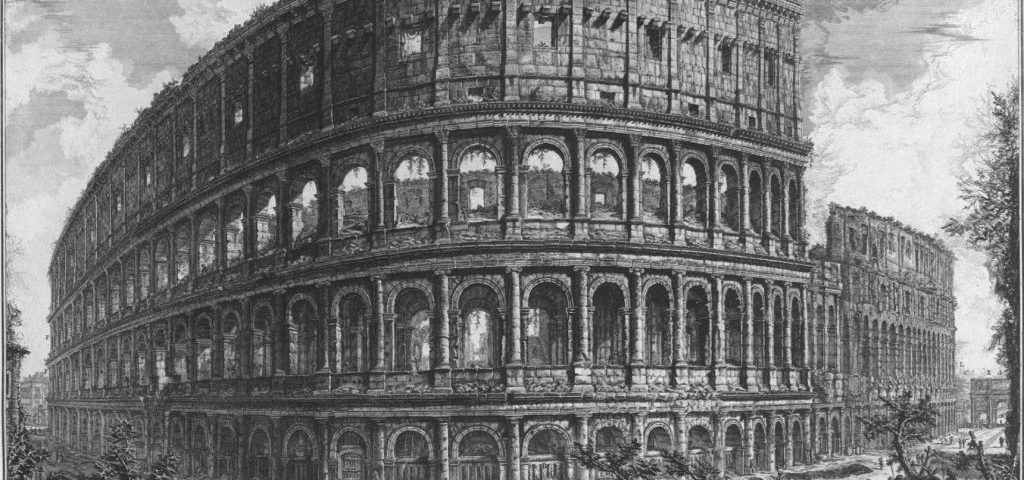

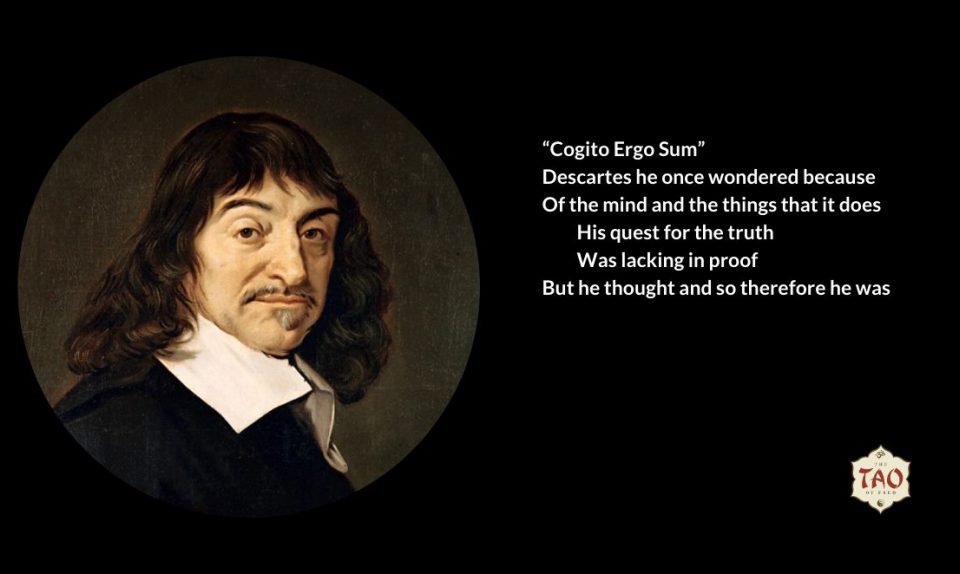
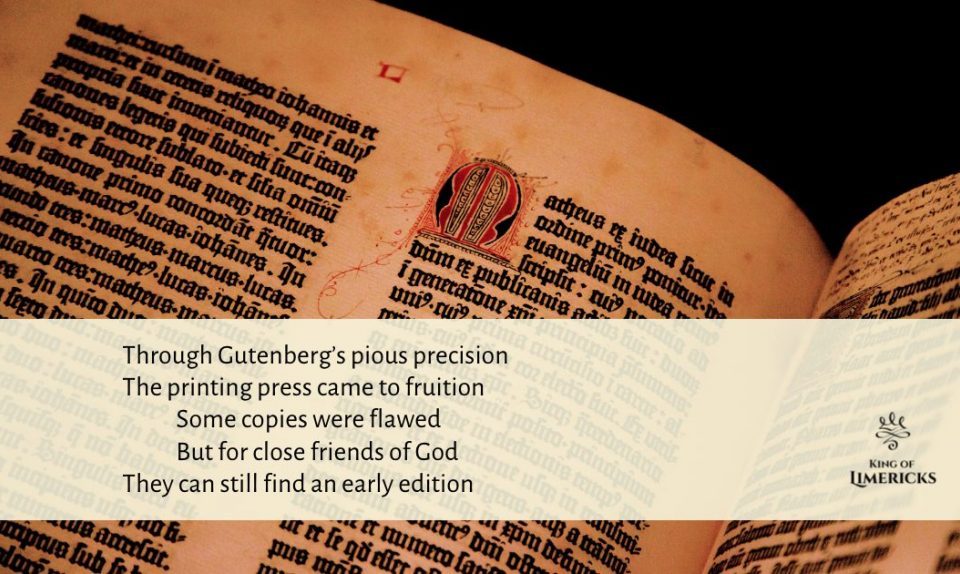
2 Comments
In the 15, the Tudors brought major changes to Limerick. King Henry VIII broke from Rome and the Pope. This paved the way for Protestantism in Ireland. Henry abolished the monasteries of Ireland and gave their land to loyal supporters. By 1603 the English crown controlled all of Ireland for the first time. Limerick lost most of its medieval independence.
Thanks for the historical perspective. As a wise person once observed, it’s all too often the case that the winners write the history and the losers write the poetry. (This was said in reference to Romans and Britons writing history and Greeks and Irish writing poetry.)